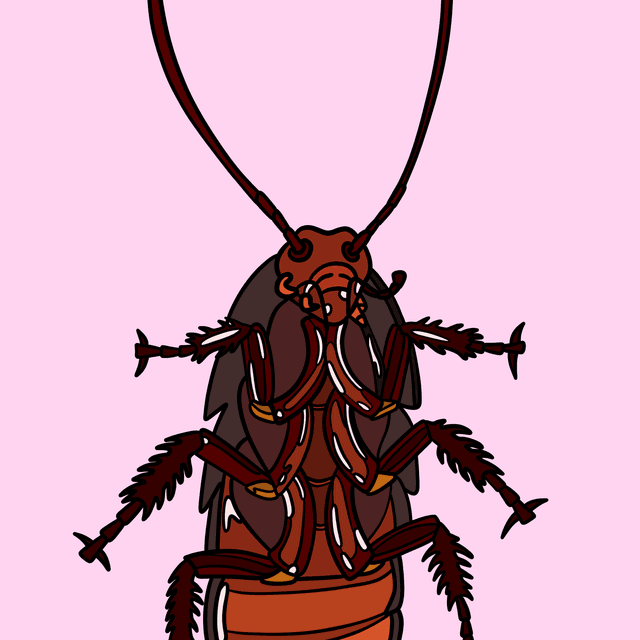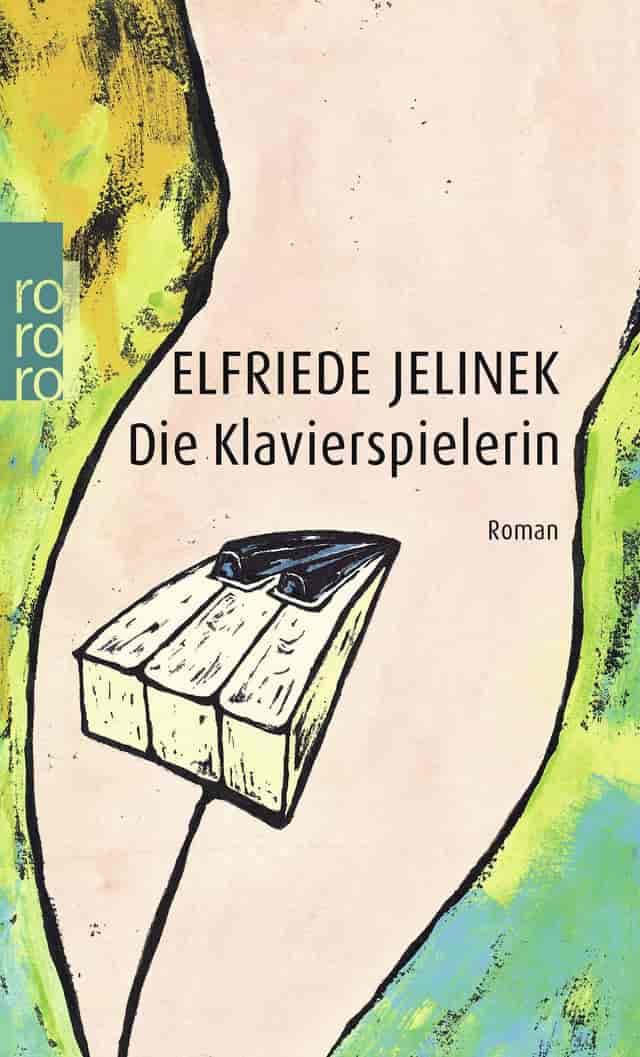Sections
Latest
Do you know what you - a German language learner - could do to avoid stagnating in the so-called intermediate plateau of death? Read read read!





A sure-fire way of making steady and effective progress towards German fluency is to read more. And while beginners benefit a lot from reading easy German texts (like German stories for beginners or simple German fairy tales), we'd recommend B2+ learners like yourself sink their teeth into some challenging intermediate books to make sure you're directing yourself off and away from the dreaded intermediate plateau of death.
Just as is the case with German beginner books, reading intermediate material that you truly find interesting can work wonders in effecting your motivation to actually utilise the skills you’ve been learning in German class, in real life scenarios, and at your own pace.
On top of that, challenging yourself with meaty intermediate books & novels will throw you out of your comfort zone for the better, as you come across new words and expressions that you wouldn’t in daily conversation or in a German news article. This is especially important for intermediate learners, as a large part of progression at this stage relies on expanding your German vocabulary.
Lastly, exposing yourself to the varied voices of different protagonists in literature is like engaging in conversation with multiple people throughout the day. By doing so, you exercise your ability to adapt your eye/ear quickly to different styles of writing/speech.
Just as it can be helpful to speak German to different people and not only your tandem partner, it can be helpful to expose yourself to a variety of writing styles as you continue to read in German.
Here is our short but spicy list of five German intermediate books that we believe would make for appropriately meaty, challenging reading.
The list includes a variety of widely differing perspectives, experiences and time periods, so we hope at least one of them will catch your eye!

A literary classic about the repercussions of a man’s sudden and unexpected transformation into an insect on his life, and those of his family, who - until then - had depended on him.
First on the list is a well known classic: Die Verwandlung, or “Metamorphosis” in English.
How about trying your hand at the original German language version?
One of Kafka’s most reputable works, the story peers into the life of a salesman who wakes up one morning to find himself transformed into a massive bug!
Unable to continue working himself to the bone in order to support his family and pay their debts, the others must take action.
It’s a novella about family obligations and the desire to break free from those obligations that weigh too heavily on the shoulders, for far too long a time.
PS: If you are asking yourself how difficult Kafka is in German, we can only advise you to try for yourself! For intermediate learners, reading Kafka will be challenging, but totally doable.

A powerful Familienroman that explores the varied experiences of one family living in a (fictional) industrial town in Germany, whose patriarch immigrated to work as a guest-worker, exposing examples of hardships a generation of migrants suffered through, as well as the impact they had on future generations.
This well-received family saga begins with the unfortunate death of father and husband Hüseyin, who had spent the last thirty years working hard in a factory in Germany in order to support his family and finally buy his dream home in Istanbul, where he planned to spend his longed-for retirement that he was on the very cusp of entering into, when suddenly and tragically, he died.
Fatma Aydemir’s novel explores the various thoughts and experiences of different family members who gather to pay their respects at Hüseyin’s funeral.
It is a story about migration; a story about the search for lost identities, generational trauma and the difficulty of feeling at home in a country that often seems unwelcoming.
Fatma Aydemir is an author and journalist based in Berlin. The granddaughter of Turkish-Kurdish immigrants, her novels deal with identity and the experiences and repercussions of migration on a personal level.
This book is also available as an audiobook!

An emotionally repressed piano teacher spends her days working at a prestigious conservatory, and evenings under the subjection of her domineering mother, with whom she still lives. When she begins an affair with her student, she relishes her newfound power, and turns her attention to sadomasochism.
One literary critic described this novel as a critique of the “Bildungsroman” genre of literature popular during the 70’s and 80’s, that romanticised the mother-daughter relationship.
For in this novel, the relationship between piano teacher Erika Kohut and her mother is relentlessly abusive, disastrously impacting her life in many ways, least of which concern the sadomasochistic relationship she begins with her student, Walter Klemmer.
It’s a painful, merciless and ultimately devastating book about possession, repression and power, and although brilliantly frank, passionate and oftentimes humorous, “Die Klavierspielerin” is not for the faint of heart.

A quietly tragic novel about a young and wealthy man in the 90’s, who wanders aimlessly and self-destructively through his hedonistic life, portrayed with a damning, unadorned realism.
Christian Kracht’s debut novel, “Faserland” was one of the first books to trigger the German language wave of pop literature, which began in the 90’s.
It follows the aimless wanderings of a young man from a wealthy family, as he travels from Germany to Switzerland. On his journey, he visits unreliable friends and attends drug-fueled parties in a brand-saturated world, which he seems to waft through with a disturbing degree of self-destructive apathy.
Ultimately, the book paints a sober picture of a nihilistic generation of youth, struggling to find real meaning or happiness in their lives, as they continue to drink alcohol, take drugs and buy things.
A book commonly read in German classrooms, this is one of the less challenging options on our list, because of its straightforward, no-frills writing.

A passionate and merciless take-down of a spineless actor and the protagonist of the novel, who shamelessly embraces the Nazi regime as he paves his way to success without regard for any moral obligation.
A fascinating fictional tale about a real life villain, “Mephisto” is about the overambitious and amoral deeds of an actor, living and working during the Nazi period. A political satire, the book critiques the protagonist’s shameless opportunism as he works alongside the Nazi regime, purely for the professional success and power he hungers for and ultimately attains.
Interestingly, the novel was famously written with the real life “Gustaf Gründgens” in mind - an actor who became one of the most well-known and successful in Germany, throughout the Nazi period, and with whom author Klaus Mann had previous been in a relationship.
This is a novel for language learners and history fans alike!
If you are at an intermediate level with your German, first of all congratulations! It's not easy to get this far with a language and you should be proud you are able to read books in German.
In this section, we have a few more tips for you as you approach the upper intermediate or even advanced levels of your learning journey.